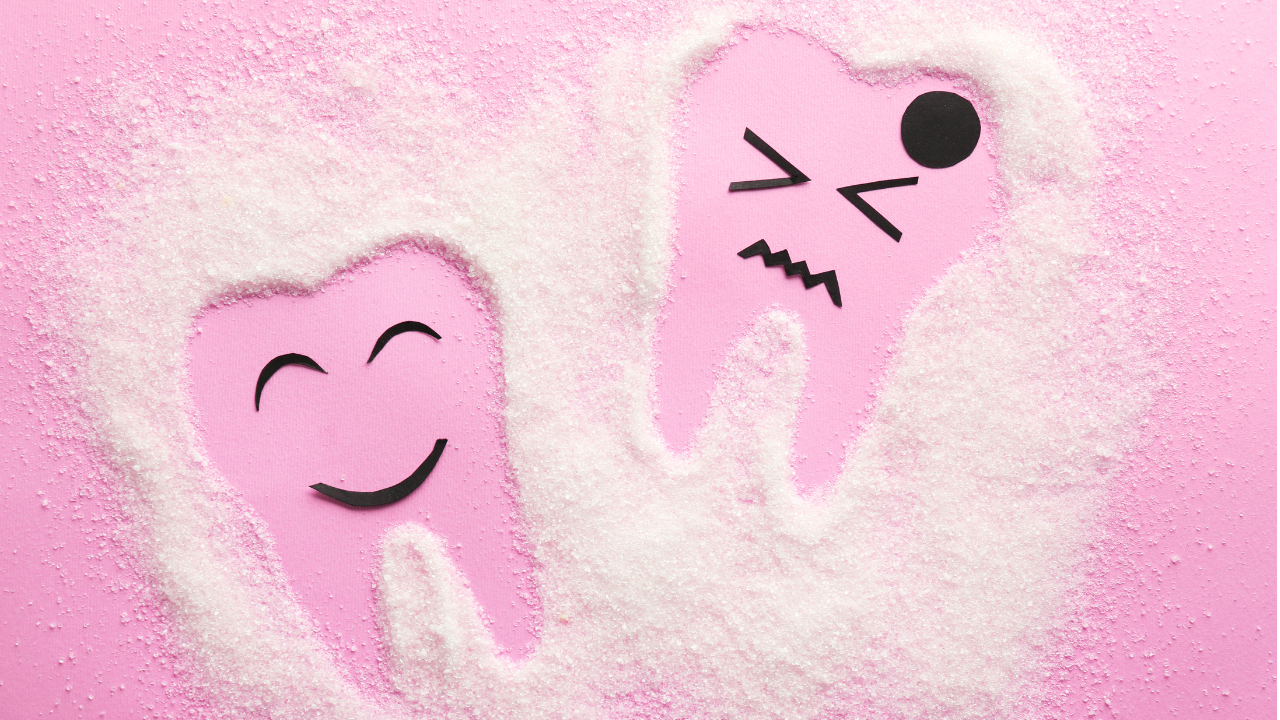What Eating Sugar Does to Your Teeth and Why Oral Health Could Shape Your Whole Body’s Wellbeing

SummaryModern convenience foods packed with sugar may harm more than just your teeth. The expert warns that poor oral health can affect the whole body, linking to serious diseases. Prevention requires early education, informed choices, and accessible dental care.
End of Article
